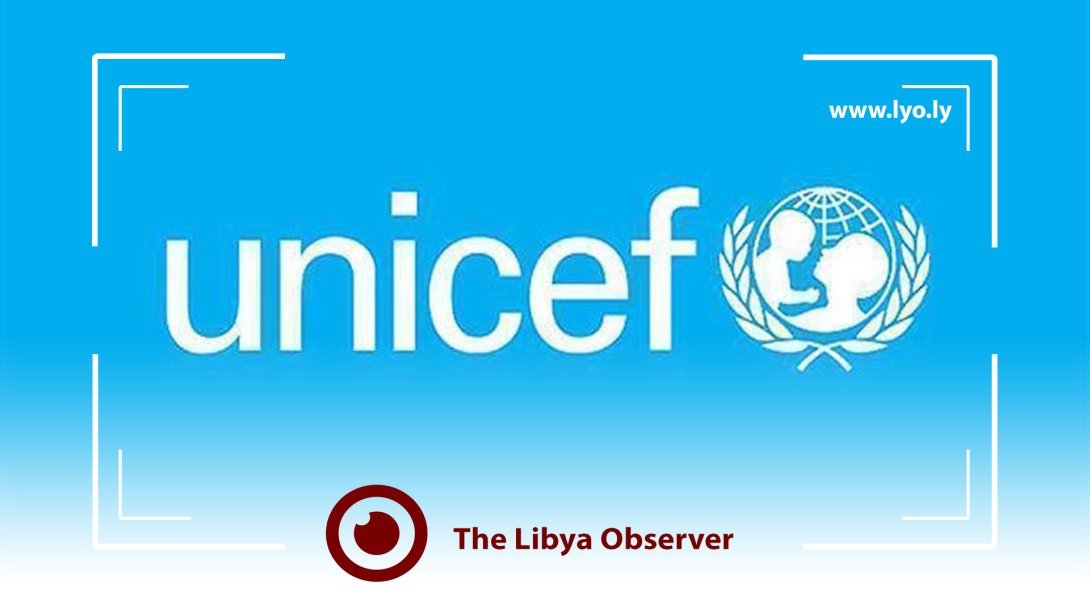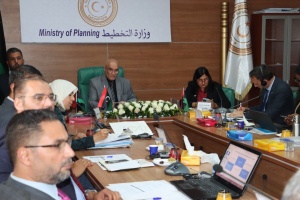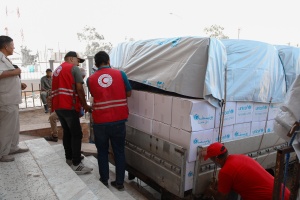UNICEF expressed Tuesday concerns over the deteriorating water, sanitation and hygiene (WASH) situation in Libya, warning that over 4 million people, including 1.5 million children will face imminent water problems if immediate solutions are not found and implemented.
"This is mainly attributed to the lack of required budgets for the purchase of equipment, operational materials and spare parts for regular maintenance. Suppliers are also struggling to open bank credits in hard currency to import equipment from outside the country." UNICEF said in a statement.
It also said that repeated attacks on the Manmade River systems caused about 190 wells to be rendered out of service (Al-Jafara - Al-Hasawna and Al-Sirir-Tazarbo), bringing this vital sector to the brink of collapse.
"The General Company for Water and Wastewater suffers from the deterioration of the water network, causing the loss of large quantities of water of up to 50 per cent. In the sanitation sector, only 45 per cent of households and institutions are connected to the public network; the rest are connected to cesspits, which leads to pollution of groundwater reservoirs. Furthermore, most of the wastewater is discharged directly into the sea without treatment, negatively impacting the environment and marine life." It added.
UNICEF said desalination plants also suffer from lack of equipment needed to carry out maintenance and chemicals to sustain operations, thus decreasing their operational efficiency.
"For instance, the Bomba Bay plant has been rendered completely out of service, depriving over 63,000 people living in the five cities - Al-Tamimi, Bambah, Ras al-Tin, Umm al-Razm, Murtaba, and the eastern coast of Derna - from access to safe water. The estimated cost for the rehabilitation of the plant is $ 12 million." UNICEF indicated.
UNICEF Special Representative in Libya, AbdulKadir Musse called on decision-makers in the Libyan government and international organizations to prioritize the WASH sector, with urgent provision of necessary funds to carry out maintenance will ensure continuity of adequate water supply and sanitation services.







